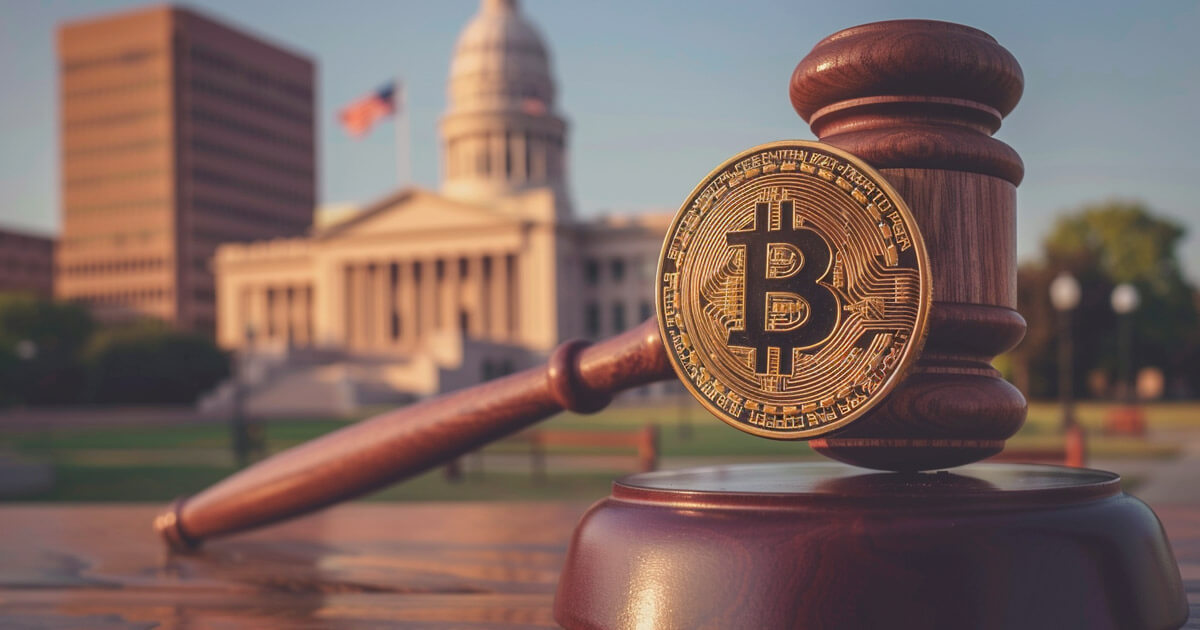Oklahoma has become the first US state to legally protect the right to self-custody Bitcoin after passing a new bill. The newly signed legislation ensures that residents can hold, control, and use digital assets without state interference.
Republican Governor Kevin Stitt signed the ‘Bitcoin Rights’ bill — HB3594 — into law earlier this week. The legislation prohibits the state from restricting the use of crypto for legal transactions and guarantees the right to self-custody Bitcoin using hardware wallets.
The bill also covers digital asset mining and allows citizens to engage in home mining activities, provided they adhere to local noise ordinances. This aspect addresses the energy-intensive nature of crypto mining, which often involves substantial hardware and can generate significant noise.
Dennis Porter, CEO and co-founder of the non-profit Satoshi Action Fund, which helped craft the bill’s template, emphasized the significance of the legislation, stating:
“The right to self-custody is now codified into law. This can now become a blueprint for the nation.”
Satoshi Action Fund is advocating for similar laws in 15 other states.
The newly established law guarantees the right to self-custody, as well as the right to spend Bitcoin and other digital assets, mine Bitcoin, and run a node. Additionally, it bans extra taxes on Bitcoin transactions and eliminates the need for Bitcoin miners and digital asset validators to obtain a money transmitter license.
According to Porter:
“Given the recent onslaught of attacks on self-custody, there could not be a more important time to send a message that the right to access and self-custody Bitcoin and digital assets must be protected.”
He emphasized that the ability to manage personal wealth is fundamental to American values and crucial for securing a prosperous future.
The Oklahoma Bitcoin Association played a crucial role in educating lawmakers about the benefits of Bitcoin, contributing to the successful passage of the bill. The association’s efforts align with a broader trend of increasing political interest in digital assets, often divided along partisan lines.
At the federal level, Democrats typically highlight potential risks associated with crypto, while Republicans argue against regulations that they believe stifle innovation. Porter suggested that as technology garners more attention and scrutiny, perspectives on crypto are evolving beyond traditional partisan divides.
The passage of HB3594 marks a significant milestone for cryptocurrency advocates. Oklahoma has set a major precedent that has the potential to be mirrored not only by US states but also other nations.



 Bitcoin
Bitcoin  Ethereum
Ethereum  Tether
Tether  Solana
Solana  USDC
USDC  XRP
XRP  Lido Staked Ether
Lido Staked Ether  Dogecoin
Dogecoin  Toncoin
Toncoin